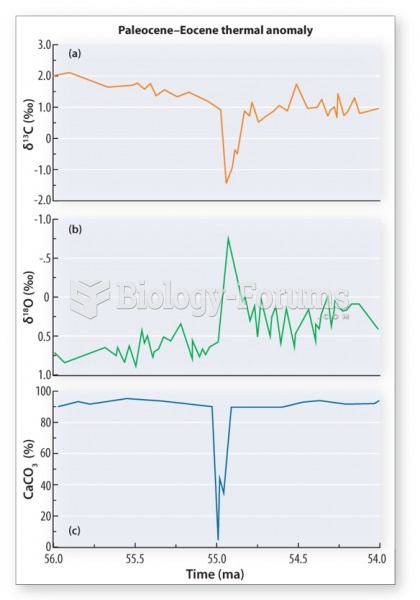|
|
|
One way to reduce acid reflux is to lose two or three pounds. Most people lose weight in the belly area first when they increase exercise, meaning that heartburn can be reduced quickly by this method.
More than 4.4billion prescriptions were dispensed within the United States in 2016.
Addicts to opiates often avoid treatment because they are afraid of withdrawal. Though unpleasant, with proper management, withdrawal is rarely fatal and passes relatively quickly.
According to the National Institute of Environmental Health Sciences, lung disease is the third leading killer in the United States, responsible for one in seven deaths. It is the leading cause of death among infants under the age of one year.
No drugs are available to relieve parathyroid disease. Parathyroid disease is caused by a parathyroid tumor, and it needs to be removed by surgery.
 The anterior pituitary is sometimes called the master gland because it secretes many hormones that r
The anterior pituitary is sometimes called the master gland because it secretes many hormones that r
 A typical air vane sensor with the cover removed. The movable arm contacts a carbon resistance path ...
A typical air vane sensor with the cover removed. The movable arm contacts a carbon resistance path ...





